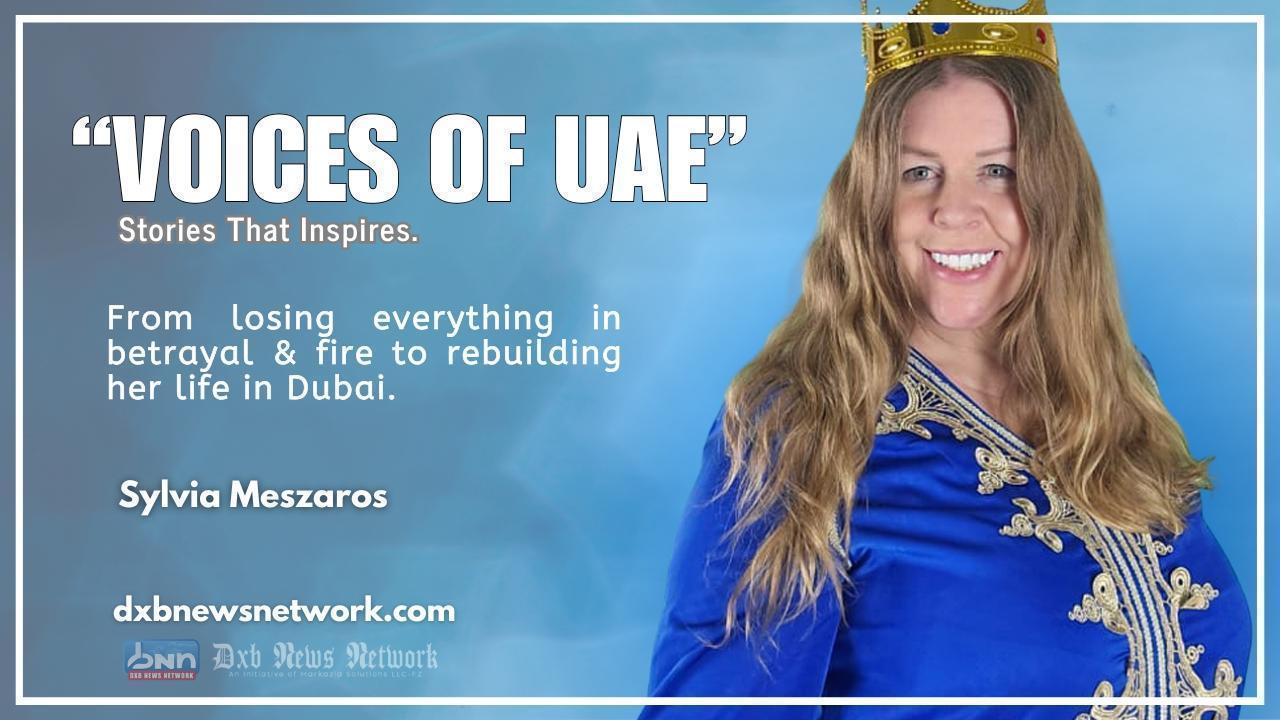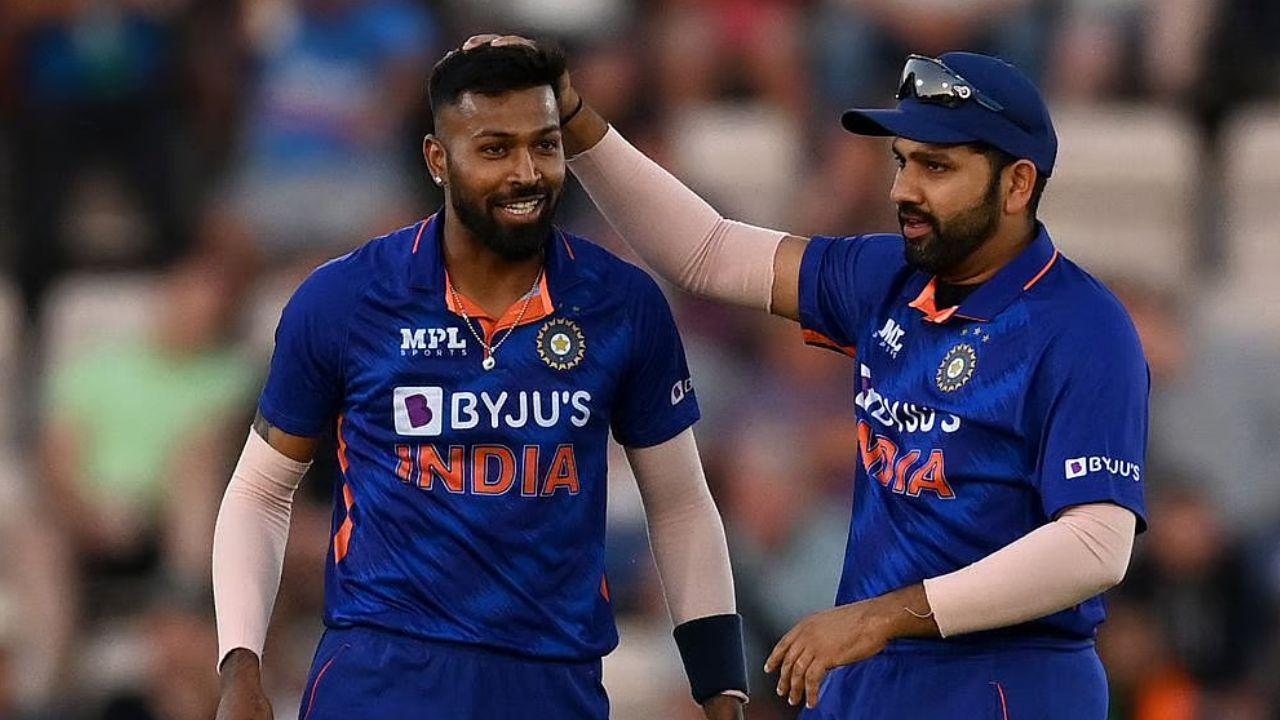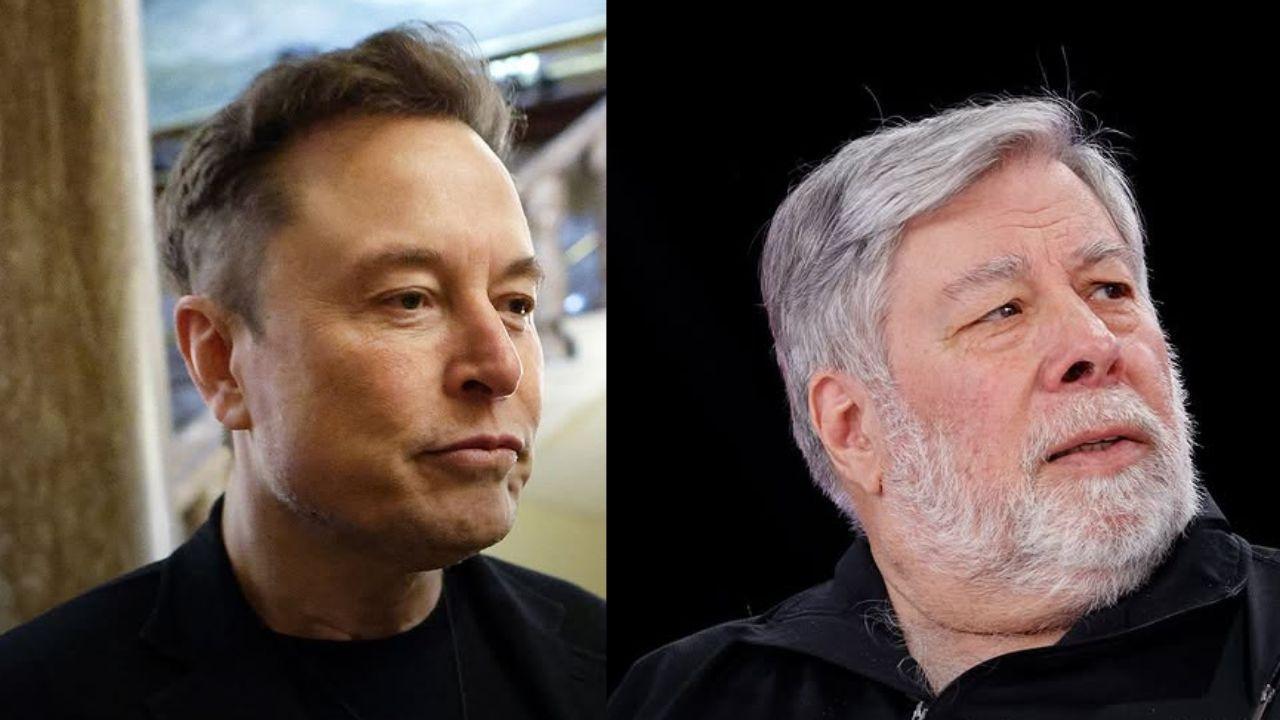
In today's digital era, social media has fundamentally altered the dynamics of the fashion industry. Gone are the days when fashion trends were exclusively dictated by elite designers and fashion houses. Platforms like Instagram, TikTok, and Pinterest have democratized fashion, allowing individuals from all corners of the globe to participate in trendsetting and style influence in real-time.
Social media's influence on fashion is perhaps most evident in its ability to accelerate trend cycles. What used to take months to disseminate from runways to retail stores now happens almost instantaneously. Fashion influencers and celebrities showcase their outfits to millions of followers, sparking trends that spread like wildfire across the internet. This rapid dissemination has not only made fashion trends more accessible but also more diverse, reflecting a wide array of cultural influences and personal styles.
Moreover, social media has empowered ordinary consumers to become key players in shaping fashion trends. Through platforms like TikTok and Instagram, individuals can share their unique fashion perspectives and gain influence based on their creativity and authenticity. User-generated content has blurred the lines between consumer and influencer, giving rise to a new breed of trendsetters who wield significant power in driving consumer preferences and brand strategies.
However, the rise of social media in fashion isn't without its challenges. The constant pressure to present trendy outfits can promote unsustainable shopping habits and contribute to environmental concerns associated with fast fashion. Additionally, the focus on likes, followers, and aesthetic perfection can perpetuate unrealistic beauty standards, impacting self-esteem and mental health.
Looking ahead, the future of fashion and social media appears intertwined. As these platforms continue to evolve, so too will their influence on what we wear and how trends emerge. The fashion industry must navigate these changes thoughtfully, balancing creativity with sustainability and promoting inclusivity while celebrating individuality.
In essence, social media has democratized fashion, allowing anyone with a smartphone and internet access to participate in shaping global trends. It has redefined how we perceive and engage with fashion, making it a more democratic, inclusive, and dynamic part of our everyday lives.
In today's digital age, social media has transformed how fashion trends emerge and evolve at lightning speed. Unlike in the past, where new styles took months to filter down from elite fashion houses to everyday consumers, platforms like Instagram and TikTok have compressed this timeline dramatically. Fashion influencers and celebrities play a pivotal role in this acceleration, as they effortlessly debut their latest looks online, instantly capturing the attention and admiration of their followers.
This rapid dissemination of trends has fundamentally changed the fashion landscape. What starts as a daring outfit or innovative styling idea can quickly become a global sensation within hours. Users across the globe, inspired by these influencers, eagerly adopt and adapt these trends to fit their own personal styles. This phenomenon not only democratizes fashion but also challenges traditional fashion cycles by demanding that brands keep pace with the swift evolution of consumer tastes.
For brands, this means adapting swiftly to consumer demand fueled by social media trends. They must monitor platforms closely, gauging which styles gain traction and which fall flat. This real-time feedback loop allows brands to adjust their production schedules and marketing strategies accordingly, ensuring they stay relevant in an increasingly competitive market.
However, this rapid cycle isn't without its challenges. The pressure to constantly innovate and produce can lead to unsustainable practices within the industry, such as fast fashion, where garments are produced cheaply and quickly, often at the expense of ethical considerations and environmental impact.
In essence, social media has democratized fashion by making trends accessible to everyone, while also intensifying the pace at which trends come and go. It's a double-edged sword of creativity and commercialism, where staying ahead requires both agility and responsibility from brands and influencers alike. As social media continues to evolve, its impact on fashion will likely deepen, influencing not only what we wear but how we perceive and consume style in the digital age.
Social media has opened doors for a more inclusive and diverse fashion landscape. Traditionally, fashion trends were often dictated by a narrow definition of beauty and style promoted by mainstream media. However, platforms like Instagram and TikTok have democratized fashion by giving a voice to individuals who were previously marginalized or overlooked.
Today, people from all walks of life can share their personal styles and cultural influences with a global audience. This visibility not only celebrates diversity but also encourages others to embrace their unique identities. For instance, influencers of various ethnicities, body types, and gender identities now have the platform to showcase fashion choices that resonate with a wider audience.
Moreover, the diversity seen on social media has influenced mainstream fashion trends. Designers and brands are increasingly recognizing the demand for more inclusive clothing lines that cater to diverse consumer preferences. This shift is not just about representation but also about authenticity—consumers are drawn to brands that authentically embrace diversity rather than merely paying lip service to inclusivity.
In essence, social media has become a catalyst for change in the fashion industry, pushing boundaries and challenging stereotypes. It continues to empower individuals to express themselves freely through fashion, fostering a community where everyone can find inspiration and feel represented. This evolution is reshaping the future of fashion, making it more accessible, inclusive, and reflective of the rich tapestry of human expression.
Social media has fundamentally changed how consumers interact with fashion trends, turning them from mere spectators into influential participants. Platforms like Instagram and TikTok have become virtual runways where anyone can showcase their personal style through outfit posts, styling tips, and fashion hacks. These platforms have given rise to communities where individuals share their unique interpretations of fashion, fostering creativity and inspiring others.
Unlike traditional fashion media controlled by editors and advertisers, social media allows users to curate their content authentically. This authenticity resonates with audiences seeking genuine connections and relatability. As a result, everyday consumers have gained significant influence over what becomes trendy. A viral outfit or a popular hashtag can quickly propel an item or style into the spotlight, prompting brands to take notice and respond swiftly to consumer preferences.
Furthermore, brands now actively engage with their audience on social media, using feedback and direct interaction to refine their offerings. This direct communication loop allows brands to tailor their products to better meet consumer desires and expectations. Whether through polls, comments, or direct messages, consumers have a direct say in shaping the future of fashion.
This empowerment has not only democratized fashion but also diversified it. Social media has amplified voices that were previously marginalized in mainstream fashion media, celebrating individuality and cultural diversity. By embracing user-generated content, brands have tapped into a rich tapestry of styles and influences, enriching the fashion landscape with new perspectives and aesthetics.
In essence, social media has democratized fashion by empowering consumers to shape trends and influencing brands to be more responsive and inclusive. It has transformed the industry into a dynamic ecosystem where creativity thrives, and consumer preferences drive innovation. As social media continues to evolve, its impact on fashion trends will likely deepen, reinforcing the power of individual expression and community influence in shaping the future of style.
While social media has revolutionized how we perceive and participate in fashion, it also brings forth significant challenges and controversies that deserve attention.
Critics highlight that the obsession with likes, followers, and outward appearances on social media can foster a culture of superficiality. People may prioritize image over substance, focusing more on how their outfits will be perceived online rather than their personal style or comfort. This emphasis on external validation can lead to a distorted sense of self-worth tied to popularity metrics, detracting from genuine creativity and individuality in fashion.
The pressure to constantly update wardrobes to keep up with rapidly changing trends fuels the fast fashion industry. Fast fashion brands churn out inexpensive, trendy clothing at a rapid pace, encouraging consumers to buy more frequently. This consumption pattern contributes to environmental degradation through increased waste and carbon emissions. Moreover, the production processes often involve exploitative labor practices in countries where regulations are lax, raising ethical concerns about worker conditions and wages.
Beyond environmental impacts, the ethical implications of social media-driven fashion trends are profound. The desire for cheap, trendy clothing encourages a culture of disposable fashion, where garments are discarded quickly, adding to landfill waste. Additionally, the rush to produce garments quickly and cheaply can lead to unsafe working conditions and inadequate pay for garment workers, particularly in developing countries where labor laws may be insufficiently enforced.
Social media platforms often showcase idealized and edited images of fashion and beauty, setting unrealistic standards for body image. This can contribute to feelings of inadequacy and low self-esteem among individuals who do not conform to these ideals. The pressure to emulate influencers' seemingly flawless appearances can lead to unhealthy behaviors and negative perceptions of one's own body.
As social media continues to shape fashion trends, there is a growing need to strike a balance between innovation and responsibility. Brands, influencers, and consumers alike must consider the broader impacts of their choices on the environment, society, and individual well-being. This includes promoting sustainable fashion practices, advocating for fair labor standards, and fostering a more inclusive and diverse representation in fashion media.
As we peer into the future of fashion, one thing is clear: social media's role will only grow stronger. Platforms like Instagram, TikTok, and others are not just places to share pictures anymore; they are powerful engines of trend creation and consumption.
Social media allows trends to emerge organically from everyday influencers and users rather than just from top-down fashion houses. This democratization means anyone with a unique style and a smartphone can influence what's hot. From DIY fashion hacks to cultural fusion outfits, the diversity of ideas is limitless. As platforms evolve with new features like live streaming and augmented reality filters, the ways people engage with fashion will continue to innovate.
Moreover, social media empowers consumers like never before. It's not just about buying what's on the runway anymore; it's about participating in a global conversation. Users can share their opinions instantly, influencing brands and designers. This direct feedback loop challenges traditional fashion cycles, pushing for more sustainable practices and inclusive designs that resonate with diverse communities.
Yet, as we forge ahead, challenges loom. The pressure to constantly produce content and stay relevant can fuel unsustainable fast fashion practices. The industry must navigate these waters carefully, balancing innovation with sustainability. Brands are increasingly held accountable for their environmental impact and labor practices, spurred on by vocal social media movements.
Social media has also become a platform for inclusivity, showcasing diverse bodies, styles, and identities that were once marginalized. This shift is reshaping beauty standards and challenging stereotypes, fostering a more inclusive fashion landscape. Moving forward, the industry's ability to embrace diversity authentically will be crucial for its continued relevance.
Social media has revolutionized the fashion industry by democratizing trends, accelerating their dissemination globally. Platforms like Instagram, TikTok, and Pinterest empower individuals worldwide to influence fashion in real-time, blurring the lines between consumers and influencers. While this democratization fosters diversity and inclusivity, it also raises concerns about sustainability, ethical practices, and body image issues. Brands and consumers must navigate these challenges, balancing innovation with responsibility to ensure a more sustainable and inclusive fashion future.
DXB News Network provides insights on how social media transforms fashion trends, highlighting both opportunities and challenges. Our focus is on empowering readers with informed perspectives on the evolving relationship between social media and the fashion industry, emphasizing keyword relevance for deeper understanding and engagement.
Social media has democratized fashion by allowing individuals worldwide to participate in trendsetting. It accelerates trend cycles, making fashion more accessible and diverse.
Influencers and celebrities showcase their styles to millions, sparking trends that spread rapidly. They blur the line between consumers and influencers, influencing brands and consumer preferences.
Challenges include promoting unsustainable shopping habits, contributing to fast fashion's environmental impact, perpetuating unrealistic beauty standards, and affecting mental health.
Brands must balance creativity with sustainability, engage authentically with consumers, and promote inclusivity and diversity in their offerings.
The future involves continued innovation driven by social media platforms like Instagram and TikTok, empowering consumers, challenging traditional fashion cycles, and promoting inclusivity.
Social media allows consumers to influence trends through user-generated content. They can instantly share opinions and preferences, shaping brands' strategies and product offerings.
#trending #latest #FashionRevolution #InfluencerFashion #SustainableFashion #DiverseFashion #FashionInnovation #ConsumerEmpowerment #FashionEthics #BodyPositivity #DigitalFashion #SocialMediaFashion #breakingnews #worldnews #headlines #topstories #globalUpdate #dxbnewsnetwork #dxbnews #dxbdnn #dxbnewsnetworkdnn #bestnewschanneldubai #bestnewschannelUAE #bestnewschannelabudhabi #bestnewschannelajman #bestnewschannelofdubai #popularnewschanneldubai

She is a warrior. She is a mother who fought for her children, a woman who refused to be broken, an entrepreneur who is rebuilding her life...Read More.

The report highlights a steady increase in terrorism-related deaths in Pakistan over the past five years...Read More.
 Giannis credits work ethic for reaching 20,000 career points milestone
Giannis credits work ethic for reaching 20,000 career points milestone
Milwaukee Bucks star Giannis Antetokounmpo says his new milestone proves the power of consistent har
 South Korea air force jet accidentally drops bombs, injures eight
South Korea air force jet accidentally drops bombs, injures eight
Eight people were injured in South Korea as an Air Force jet accidentally dropped bombs on homes and
 UAE Muay Thai Championship Draws Record 800+ Local and Continental Fighters
UAE Muay Thai Championship Draws Record 800+ Local and Continental Fighters
The event featured fighters aged 8 to 23, competing across various weight divisions in a thrilling s
 Chameleon Phones & Smart Contact Lenses: Top Gadgets of MWC 2025
Chameleon Phones & Smart Contact Lenses: Top Gadgets of MWC 2025
Ultra-lifelike robots, color-changing phones, and smart lenses steal the show
 Virat Kohli's take on Hardik's sixes gets a priceless reply from Rohit
Virat Kohli's take on Hardik's sixes gets a priceless reply from Rohit
Virat Kohli and Rohit Sharma shared a special moment in the dressing room after India’s 4-wicket win

She is a warrior. She is a mother who fought for her children, a woman who refused to be broken, an entrepreneur who is rebuilding her life
Pakistan Ranked Second in Global Terrorism Index 2025

The report highlights a steady increase in terrorism-related deaths in Pakistan over the past five years
Escape the Crowds with Secret Destinations for the Ultimate Experience

Explore Secret Destinations and Escape the Crowds for Ultimate Relaxation
Abu Dhabi Launches Programme for Early Detection of Plant Diseases

The programme seeks to protect crops from diseases and pests, ensuring agricultural sustainability and food security in Abu Dhabi
Apple’s Steve Wozniak on Elon Musk: ‘Sometimes you get so rich, it goes to your head’

At MWC 2025, Apple co-founder Steve Wozniak expressed concern about how big tech companies "own our lives" and also commented on Elon Musk's wealth.
Harden scores 50 points, just one behind Kobe for 3rd all-time

James Harden scored 50 points, showcasing a vintage performance in the Clippers' new arena
UK Pound to Pakistani Rupee exchange rate today – March 6, 2025

The UK Pound (GBP) to Pakistani Rupee (PKR) rate hit 360.70 today, affecting trade, travel, and remittances
Michelle Trachtenberg’s friend shares her health struggles before death

A close friend of Michelle Trachtenberg shared that the ‘Gossip Girl’ star faced health issues before her tragic passing last week.
10 Fun and Productive Ways to Keep Yourself Busy

Stay Active and Engaged with These 10 Fun and Productive Ways
Khalifa bin Tahnoon offers condolences on passing of Abdullah Al Hameeri

Sheikh Khalifa bin Tahnoon offers condolences to the family of Abdullah Al Hameeri in Al Ain.
3001E, 30 Floor, Aspin Commercial Tower, Sheikh Zayed Road, Dubai, UAE
+971 52 602 2429
info@dxbnewsnetwork.com
© DNN. All Rights Reserved.